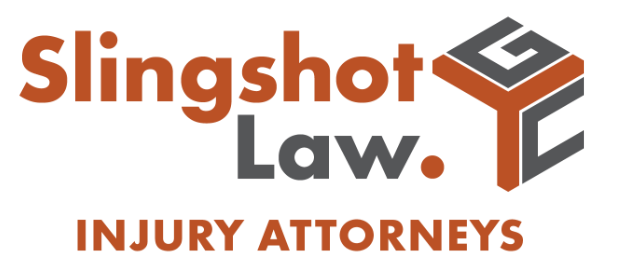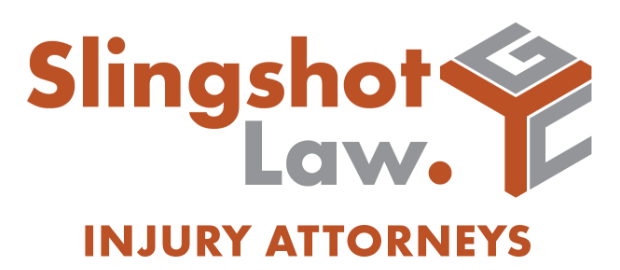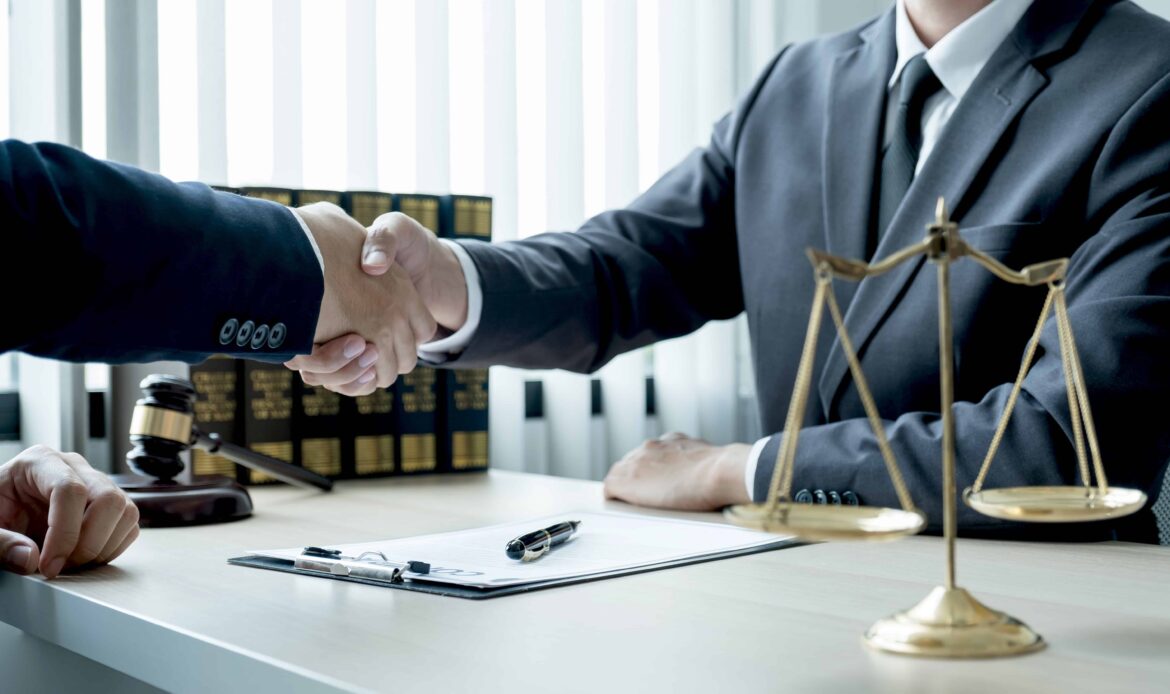After an accident caused by someone else’s carelessness, the other party’s insurance company gets to work immediately. Their objective is clear: to protect their profits by paying you as little as possible for your claim.
But you have the power to level the playing field. The single most important decision you can make to protect your rights is learning how to choose a personal injury lawyer who is ready for a fight. A strong legal advocate acts as your shield and your weapon, taking on the complex negotiations and legal work so you can dedicate your energy to recovery.
Key Takeaways about Choosing a Personal Injury Lawyer
- An attorney’s specific experience with personal injury cases, particularly those similar to one’s own, is a key indicator of their ability to handle the claim.
- Understanding the fee structure, such as a contingency fee arrangement, is essential before entering into an agreement with a law firm.
- The initial consultation provides a vital opportunity for a person to ask questions and assess a lawyer’s communication style and overall approach.
- A lawyer’s readiness and willingness to take a case to trial can significantly influence the fairness of settlement offers from insurance companies.
- Verifying an attorney’s credentials with their state’s official bar association is a reliable way to confirm they are in good standing.
What Does a Personal Injury Lawyer Actually Do?
After an accident, you might wonder what a personal injury lawyer does that you can’t do yourself. Think of them as your personal champion and guide through a complex legal system. Their primary role is to prove that another party’s carelessness, known as negligence, caused your injuries and to hold that party accountable for the harm you’ve suffered.
Negligence is a legal term that simply means someone failed to use reasonable care to avoid harming others. For example, a driver who runs a red light or a property owner who doesn’t clean up a dangerous spill has likely acted negligently.
Your attorney handles all the complicated tasks so you don’t have to. This includes:
- Investigating Your Claim: They gather all the necessary evidence, such as police reports, witness statements, medical records, and photos of the scene. Whether your accident happened on a busy stretch of I-35 in Austin or on a scenic road near Grand Junction, they know what to look for.
- Communicating with Insurance Companies: Insurance adjusters are trained to protect their company’s bottom line, which often means paying out as little as possible. Your lawyer will handle all conversations and negotiations with adjusters, protecting you from tactics designed to weaken your claim.
- Calculating Your Damages: They work to determine the full extent of your losses. This isn’t just about current medical bills; it includes future medical needs, lost wages, loss of future earning capacity, and the personal impact of pain and suffering.
- Representing You in Court: If the insurance company refuses to offer a fair settlement, a dedicated attorney will be prepared to present your case to a judge and jury.
A personal injury lawyer works to ensure the scales of justice are balanced, fighting to get you the fair compensation you need to rebuild your life.
Core Qualities of an Effective Personal Injury Attorney
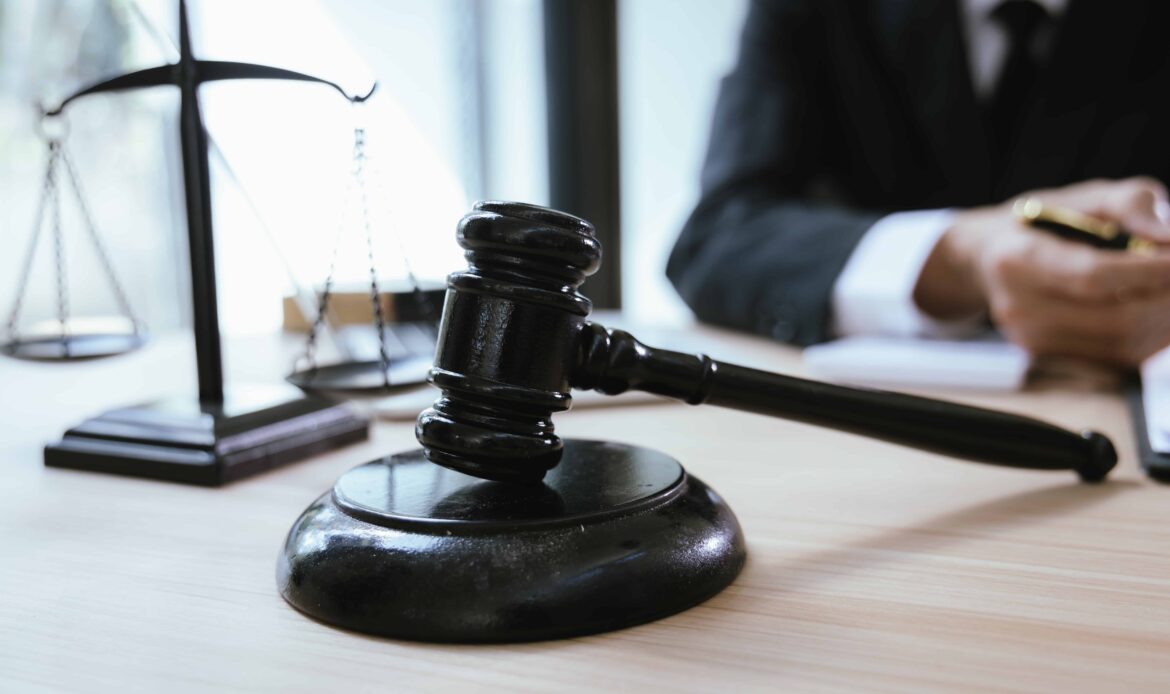
Finding the right legal representative is about more than just picking a name from a search engine. You’re looking for a professional partner who aligns with your needs and gives you confidence. As you research how to choose a lawyer, focus on a few core qualities.
Relevant Experience and a Proven Track Record
Years of practice are important, but the type of experience is what truly matters. A lawyer who has successfully handled hundreds of car accident cases will have a deep understanding of the tactics insurance companies use in those specific situations. Look for a law firm that openly shares its case results. While past success never guarantees a future outcome, it demonstrates a history of achieving positive results for clients with situations similar to yours.
A Focus on Personal Injury Law
The law is incredibly vast. An attorney who handles everything from divorces to real estate might not have the focused knowledge required to effectively pursue a complex injury claim. You wouldn’t ask a family doctor to perform brain surgery; similarly, you should seek out a lawyer whose practice is centered on personal injury law. They will be more familiar with the specific statutes, legal precedents, and procedural rules that can make or break a case.
Their focused practice means they are constantly honing their skills in this one particular area of law.
Strong Communication and Accessibility
When you’re recovering from an injury, the last thing you need is to be left in the dark about your case. A good attorney and their team should be committed to clear, consistent communication. During your initial meetings, pay attention to how they interact with you. Do they listen to your story? Do they explain legal concepts in plain English?
Consider the following points regarding communication:
- Do they have a clear process for providing updates on your case?
- Will you have a primary point of contact at the firm?
- Are they willing to answer your questions thoroughly and patiently?
Feeling heard and respected is a crucial part of the attorney-client relationship, and it starts from the very first conversation.
Trial Readiness
The vast majority of personal injury cases are resolved through a settlement, which is a formal agreement to resolve the case for a certain amount of money without going to court. However, an insurance company is far more likely to offer a fair settlement if they know your lawyer isn’t afraid to go to trial.
An attorney with a reputation for being a strong courtroom advocate has a significant advantage during negotiations. They aren’t just looking for a quick settlement; they are prepared to fight for the full value of your claim, even if it means presenting your case to a jury.
Where to Start Your Search for a Personal Injury Lawyer
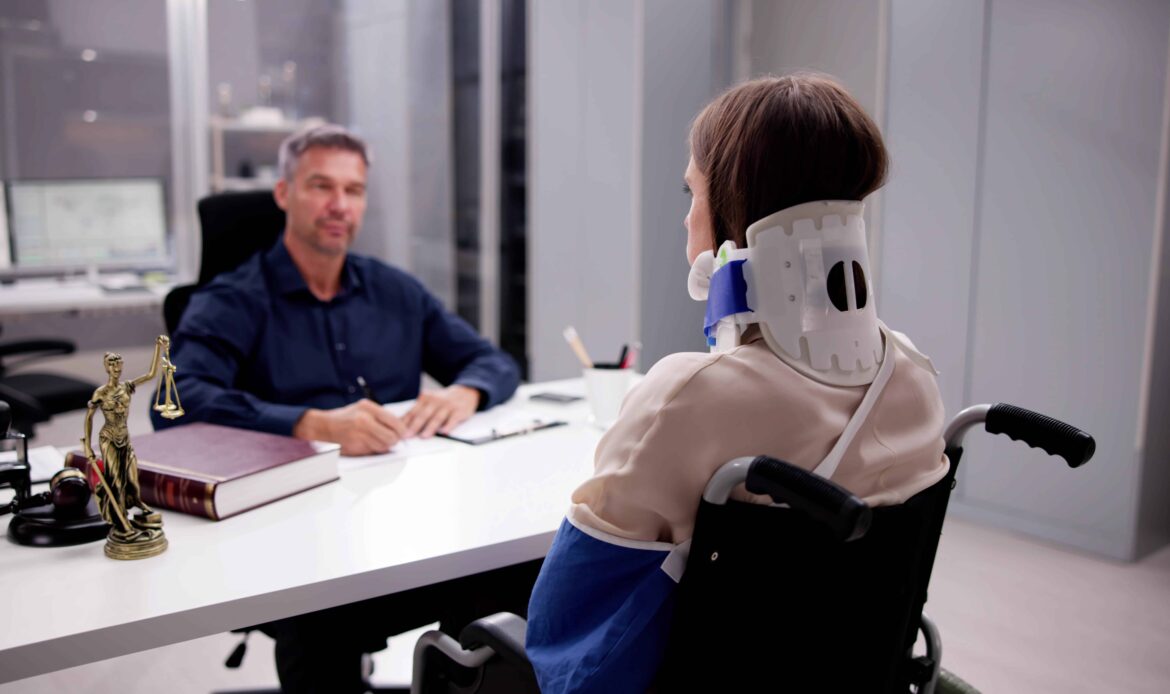
Beginning your search can feel like a big task, but you can break it down into manageable steps. A methodical approach will help you gather a list of qualified candidates to consider.
Asking for Referrals
One of the most reliable ways to find a good attorney is to ask for recommendations from people you trust. Friends, family members, or coworkers may have had positive experiences with a personal injury lawyer. You can also ask other professionals you work with, like your family doctor or accountant, if they can recommend someone. A personal referral can give you valuable insight into a lawyer’s professionalism and how they treat their clients.
Using State Bar Associations
Every lawyer who is licensed to practice must be a member of their state’s bar association. These organizations are an excellent resource for verifying an attorney’s credentials. You can check their websites to confirm that a lawyer is in good standing and see if they have any public disciplinary record.
- For attorneys in Texas, you can use the State Bar of Texas website.
- For attorneys in Colorado, the Colorado Bar Association is a valuable resource.
These official sources provide objective information you can use to vet potential candidates with confidence.
Online Research and Reviews
A law firm’s website is a good starting point to learn about its attorneys, its practice areas, and its general philosophy. Beyond that, client reviews can offer a glimpse into the experiences of former clients. When reading reviews, look for consistent themes. Do multiple reviews mention great communication, or do several people report difficulty getting updates? A pattern of feedback is often more telling than a single, isolated review.
Preparing for Your Initial Consultation
Most personal injury firms offer a free initial consultation. This meeting is your opportunity to share the details of your situation and interview the attorney to see if they are a good fit. To make the most of this meeting, it helps to be prepared. Gathering relevant documents beforehand can give the lawyer a clearer picture of your case from the start.
Try to bring the following items with you:
- A copy of the police or incident report, if available.
- Any photos or videos you have of the accident scene, your vehicle, and your injuries.
- The names and contact information of any witnesses.
- All medical documentation related to the injury, including bills, visit summaries, and prescriptions.
- Any letters or emails you have received from an insurance company.
- A written list of questions you want to ask the attorney.
Having this information organized will not only help the attorney evaluate your case but will also show that you are serious about your claim.
Key Questions to Ask During Your Consultation

The initial consultation is a two-way street. While the lawyer is evaluating your case, you should be evaluating them. Don’t be shy about asking direct questions to understand their experience, process, and approach.
Here are some important questions to ask a personal injury lawyer:
- What percentage of your practice is devoted to personal injury cases?
- Have you handled cases involving this specific type of injury or accident before?
- Who will be the main person handling my case, and who will be my day-to-day contact?
- How often can I expect to receive updates about my case?
- Based on the information I’ve provided, what do you see as the main challenges in my case?
- Can you explain your fee structure and provide a copy of the fee agreement for me to review?
- What is your philosophy on settling cases versus taking them to trial?
The answers to these questions will provide a wealth of information about the firm’s operations and whether their style is the right match for you.
Understanding How Personal Injury Lawyers Get Paid
Worrying about the cost of a lawyer should never prevent you from seeking justice. Most personal injury attorneys work on a contingency fee basis. This is a payment arrangement that makes high-quality legal representation accessible to everyone, regardless of their financial situation.
Here’s how it works in simple terms:
- You pay no upfront fees to hire the lawyer.
- The attorney’s fee is a pre-agreed-upon percentage of the money they recover for you.
- If the lawyer does not win a settlement or verdict for you, you owe them no attorney’s fees.
This structure means your lawyer’s interests are directly aligned with yours. They are motivated to secure the best possible outcome for you. The specific percentage can vary, but it will be clearly laid out in a written agreement you sign before they begin work. Be sure to also ask about case expenses, like court filing fees or the cost of hiring an expert witness. These costs are typically advanced by the law firm and then reimbursed from the total settlement or award.
Making the Right Choice for You
After you’ve done your research and met with one or more attorneys, it’s time to make a decision. This choice is deeply personal. Of course, you want a lawyer with the right qualifications and a strong record. But it’s just as important to choose someone you trust and feel comfortable with. You will be working closely with this person during a challenging time, so a good rapport is essential.
Consider all the factors—experience, communication style, fee structure, and your own gut feeling. Whether you’re recovering at home in an Austin neighborhood or looking out at the Colorado National Monument from your window in Grand Junction, you deserve a legal advocate who gives you confidence and peace of mind. The right lawyer will not only fight for you but will also empower you throughout the process.
Choosing the Right Personal Injury Lawyer FAQs
Here are answers to a few more common questions people have when searching for legal representation.
What is the difference between a settlement and a trial verdict?
A settlement is a voluntary agreement reached between you (with your lawyer’s help) and the at-fault party’s insurance company to resolve your claim for an agreed-upon amount of money. A trial verdict is a decision made by a judge or jury after hearing evidence from both sides in a courtroom. Most cases end in a settlement, but the ability to win at trial is what gives your lawyer leverage to secure a fair settlement.
Should I give a recorded statement to the other person’s insurance company?
It is generally not in your best interest to give a recorded statement to an opposing insurance adjuster without first consulting with an attorney. Adjusters are trained to ask questions in a way that can be used to minimize or deny your claim later. Your lawyer can handle all communications with the insurance company to protect your rights.
How do I know if I have a valid personal injury case?
Generally, a valid personal injury claim has three key elements: you suffered a real injury with measurable losses (like medical bills and lost wages), another person or entity was at fault due to their negligence, and that negligence was the direct cause of your injury. A free case evaluation with an attorney is the best way to understand if you have a strong claim.
Let Slingshot Law Be the Game-Changing Weapon in Your Battle
Choosing a personal injury lawyer is about finding a team that is ready to go to bat for you when the odds seem long. At Slingshot Law, we built our firm on the belief that every person deserves a fair fight, especially against the insurance company giants. Founders Drew Gibbs, a former Texas prosecutor, and Scott Crivelli, a former active duty Army JAG Officer, have dedicated their careers to standing up for others in their greatest time of need.
If you’ve been injured in an accident in Austin, Texas, or Grand Junction, Colorado, you don’t have to face the legal process by yourself. We have a great disdain for bullies who try to take advantage of good people. Let us be the slingshot in your battle against Goliath.
Contact Slingshot Law today at (866) 647-1311 or through our online form for a free, no-obligation case review. We’re here to listen to your story and discuss how we can help you get back on your feet.
